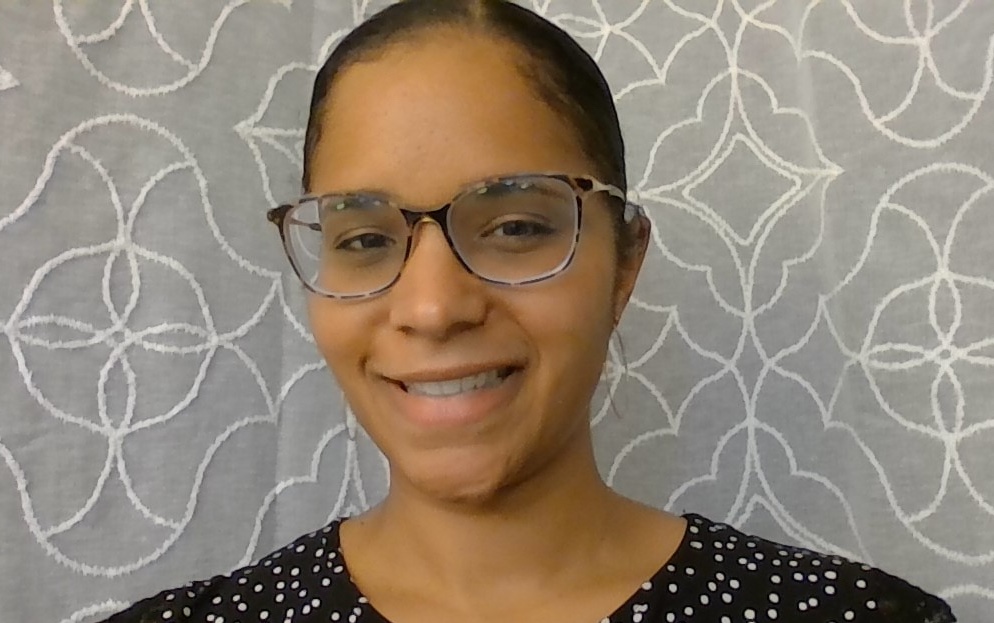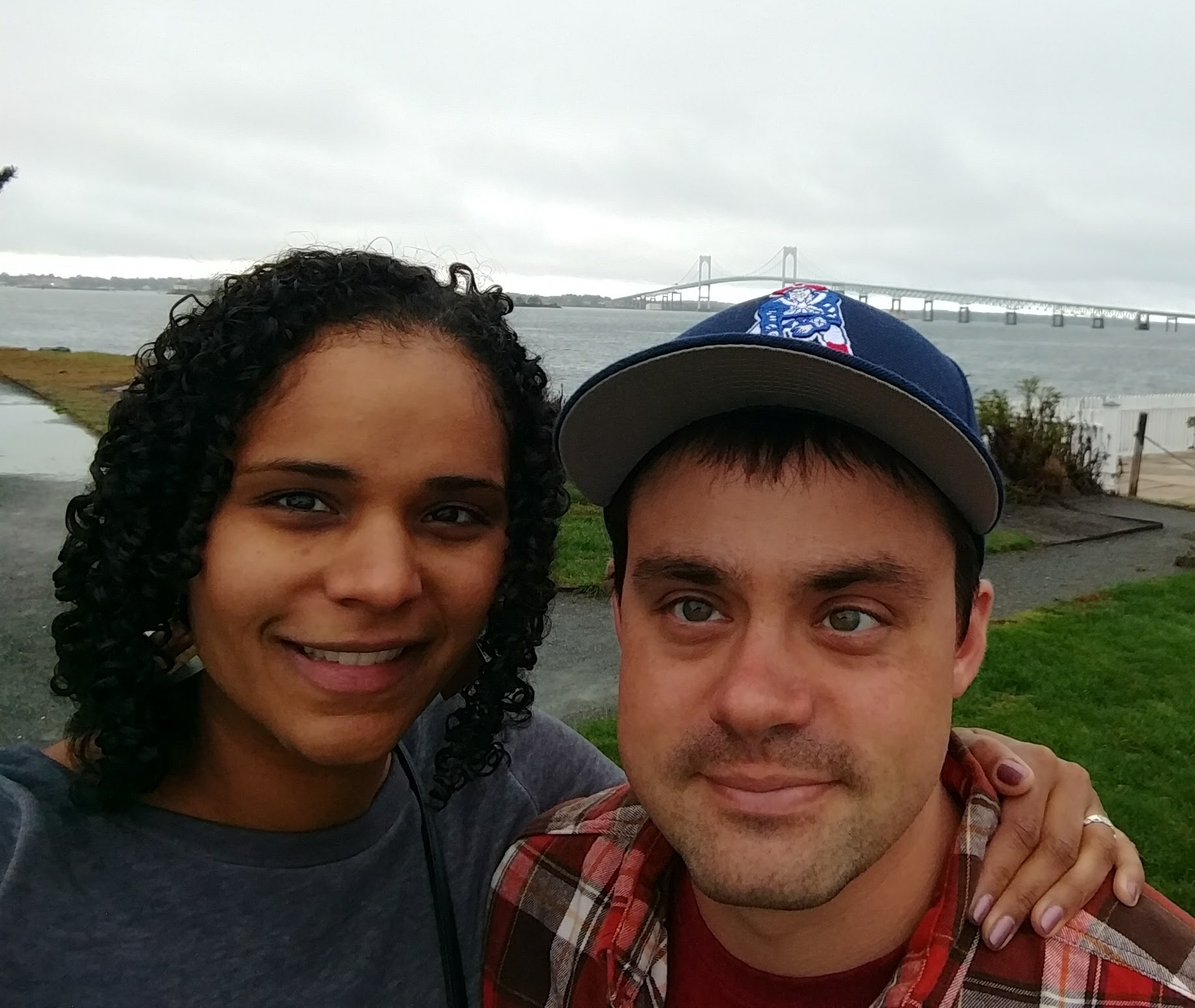The Clinician Cameo is a regular interview series with a clinician in the Brown Department of Psychiatry & Human Behavior (DPHB).

Jeniimarie Febres, Ph.D., a clinical assistant professor of psychiatry and human behavior, is program director of the Family Therapy Program at Brown University Health. She is also the assistant director of quality and the associate director of psychology with the Adult Psychiatry Program.
In this interview, Febres talks with DPHB about her early years as a research assistant at Butler Hospital, the efficiencies she's discovered in family therapy, and playground-hunting with her own family.
How did you find your way to psychology?
In college at Brown, I gravitated toward sociology, political science, human biology. What was uniting all of those interests was my interest in people. I happened on an abnormal psych class really late in the game, in the spring of my senior year. I thought, “Oh my goodness, this is what I wish I’d been spending more time on.”
You then worked as a research assistant at Butler Hospital. How did that experience confirm your interest?
I worked in Dr. Van Miller’s lab for two years with Dr. [Brandon] Gaudiano, focusing on suicide and social support. That was what reinforced my calling to work with people – I wanted to know more about the role of social support in mental health. Later, when I went to grad school at the University of Tennessee, Knoxville, my mentor was Dr. Greg Stuart, who did research on when social support goes awry in the context of intimate partner violence.
Your research focused on intimate partner violence (IPV). Does that come into play at all in your family therapy work?
I’m not doing IPV research anymore, but I do think there’s a connection. In psychological research, you learn that things are always more complicated than they seem on the surface. With IPV, for example, it can be more bidirectional than we would think; it’s not always as simple as someone being an aggressor or a victim. That’s not to take responsibility away from perpetrators, but rehabilitation requires some understanding of their vulnerabilities, too.
Those lessons continue to be alive with me when I’m sitting with families and trying to get at the nuances of their relationships and the systems they live in. What else is there beyond what is initially presented? That’s how research trained my brain – to continue to ask questions and not take anything for granted.

What makes family therapy unique from individual therapy?
I do about 70/30 family therapy. One thing about family therapy is that families can be more difficult to get into care. You have to coordinate a number of motivations and schedules.
But once you get them in, I find that family therapy is very efficient. When you’re working with an individual, you have to depend on that person to lead you to the pieces that need to be put together. You’re limited by what they remember, what they find important, their capacity for insight. When there are more players in the room, yes, it can get complicated, but you also have access to more information and more perspectives. Once you wrangle that info, you’re off and running. You have a greater menu of options in guiding the family toward their desired results. In my experience, family therapy is generally quicker than therapy with individuals.
What lessons can other clinicians take from family therapy?
The pandemic revealed the deep ways in which people are feeling disconnected socially. In this epidemic of loneliness, it’s so important for people to be trained in systems. Relationship health is a vital sign. It impacts our overall health in myriad ways. We need to be training folks to think about who a person is outside of their presenting complaints. We need to assess and refer the full person, not just the one slice they’re coming to us for.
